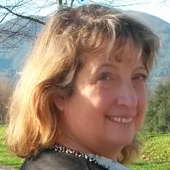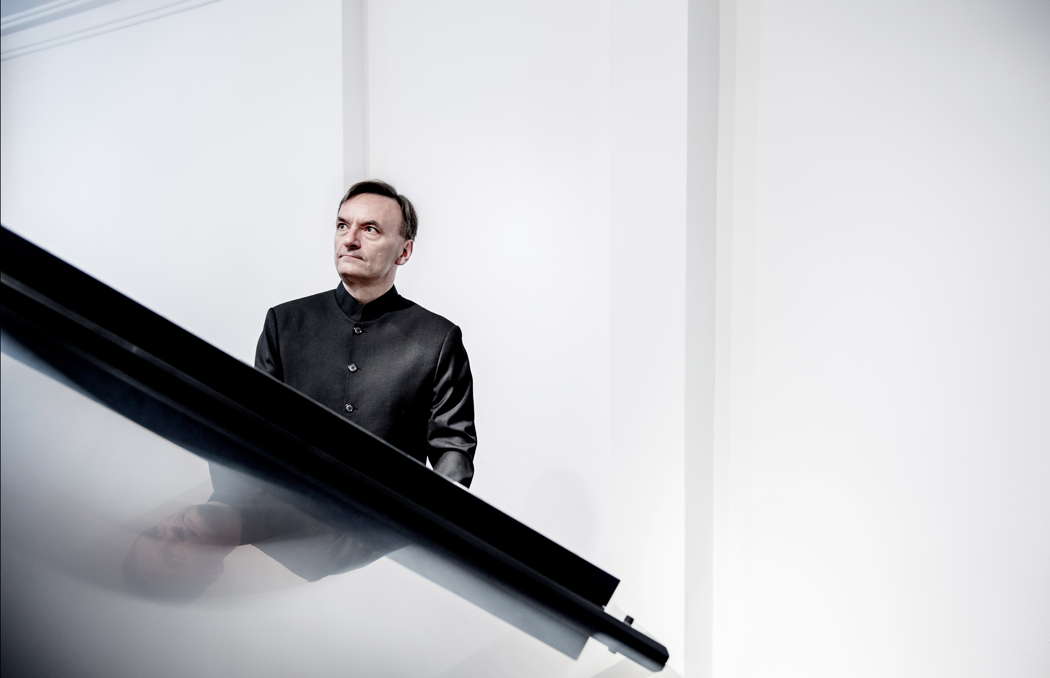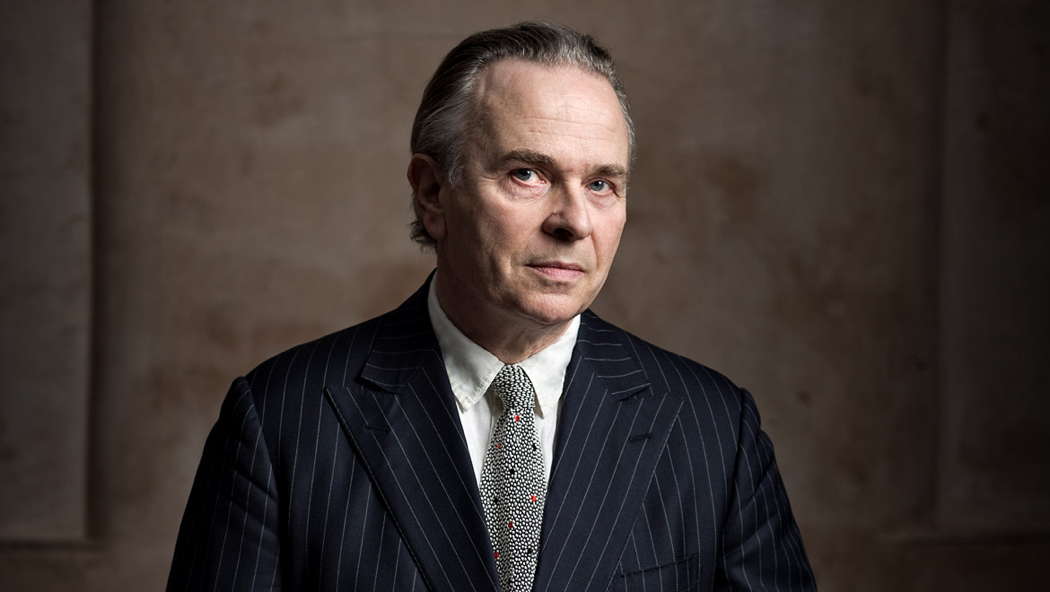 ASK ALICE: Weekly, from 2003 until 2016/17, Alice McVeigh took on the role of classical music's agony aunt to answer questions on a surprising variety of subjects.
ASK ALICE: Weekly, from 2003 until 2016/17, Alice McVeigh took on the role of classical music's agony aunt to answer questions on a surprising variety of subjects.
- Marián Varga
- Quartz Music
- Francesco Meli
- Hans Rosbaud
- Richard Meszto
- Richard Strauss: Elektra
- Simon Broughton
- Violetta
 DISCUSSION: What is a work? John Dante Prevedini leads a discussion about The performing artist as co-creator, including contributions from Halida Dinova, Yekaterina Lebedeva, Béla Hartmann, David Arditti and Stephen Francis Vasta.
DISCUSSION: What is a work? John Dante Prevedini leads a discussion about The performing artist as co-creator, including contributions from Halida Dinova, Yekaterina Lebedeva, Béla Hartmann, David Arditti and Stephen Francis Vasta.
An Almost Physical Impact
MIKE WHEELER is impressed by Brahms, Chopin, Butterworth and Elgar from Stephen Hough, Mark Elder and the Hallé Orchestra
In Sir Mark Elder's penultimate visit to Nottingham's Royal Concert Hall as Music Director of the Hallé Orchestra - Nottingham, UK, 17 May 2024 - they were joined by Stephen Hough in a performance of Brahms' Piano Concerto No 1 which I don't think I've ever heard equalled for its poleaxing intensity. Yet it never overplayed its hand. After the ferocity of the opening paragraph, the gentler second theme registered a sense of numbed shock. Hough's first entry suggested a process of coming to terms with what we just heard, his second theme offering a few moments of emotional equilibrium, just as the woodwind episode, in its stillness, suggested that some degree of consolation was possible. The moment before the start of the big build-up even managed a hint of playfulness. Brahms then begins hammering away at his approach to the recapitulation, to the point where you think he's overdoing it. But he's overdoing it for a reason, and as Hough crashed in with his E major chord, after the thumping D minor cadence, it delivered a real jolt - almost physical in its impact. Brahms is not a composer I generally associate with primal-scream levels of expressive force, but this came pretty close, and the coda's fieriness was simply staggering.

Stephen Hough. Photo © 2016 Sim Canetty-Clarke
The start of the second movement breathed the kind of tranquility that has come through the worst, and has started to pick up the pieces. The strings' opening theme glided along smoothly, creating a consoling atmosphere so still you hardly dared breathe. Throughout, the assuaging quality of Hough's solo passages matched the orchestra's spell-binding concentration.
Soloist and orchestra established a blend of impetuosity and determination at the start of the finale. As so often on previous occasions, the central fugue vindicated the Hallé Orchestra's regular stage layout, with the second violins to the conductor's right - the clarity with which their initial entry came across was enough to make the point. By now the performance was starting to sound festive in a way that felt earned, not glib. (Brahms is never glib, even at his most relaxed.) Hough's solo cadenza felt like a lightning-rod for the few remaining tensions, and the late episode in which the woodwind imitate a village-band was a delight.
After the exuberant ending, Hough's encore, Chopin's Nocturne in E flat, Op 9 No 2, seemed to come from the same area of experience as the concerto's second movement. He was presented with a bouquet, which he graciously handed to a woman on the front row.
After the interval, Elder was in firm command of Butterworth's rhapsody A Shropshire Lad, which takes its cue from one of the composer's A E Housman songs, briefly quoting another at the very end. Not that it needs taking in hand - Butterworth's skilful shaping of his material sees to that. The evocation of wide open spaces at the start felt almost disembodied, offset by later robust moments, and climaxes that were allowed to expand without sounding overblown.

Mark Elder
In Elgar's Enigma Variations, the 'friends pictured within' were all vividly characterised. After a suitably introspective handling of the theme, 'CAE' was loving and tender, with Elgar's home-coming whistle given particular but not undue prominence. In 'HDS-P' the violins' flickering figuration again made the most of their left/right placing, 'RBT' brought out his eccentricity in the quirky woodwind theme, before the human whirlwind that 'WMB' seems to have been stormed in, then out again. Principal viola Timothy Poole came into his own in his solo in 'Ysobel', and it was abundantly clear that Elgar trying to give 'Troyte' piano lessons must have been a frustrating experience. 'WN' was suitably elegant in her eighteenth-century house, aided by Christian Elliot's graceful cello solo. The hand-over to 'Nimrod' was magical, the performance's flowing warmth and tenderness a gentle rebuke to the tendency to treat this as a solemn memorial piece. Timothy Poole had another few moments in the spotlight in 'Dorabella', surrounded by fluttery violin figures, their muted tone suggesting a degree of reticence. 'GRS', or rather his bulldog, Dan, had all the necessary rampaging energy. The cello section grabbed its chance to shine in 'BGN', relishing the darker colours of Elgar's scoring. In an aching account of '***', Sergio Castelló López's clarinet solo quotation from Felix Mendelssohn's Calm Sea and Prosperous Voyage had the apt quality of a distant memory. In 'EDU', Elgar signs off with the self-portrait of someone sure of where he's going, his equivalent of Don't rain on my parade, in which 'CAE' and 'Nimrod' are touchingly invited to join. It was all there in a performance that made you want to stand and cheer for Elgar as he made his long-awaited breakthrough.
Sir Mark Elder will get nothing less than a hero's send-off when he returns for the last time in his present capacity at the end of June.
Copyright © 23 May 2024
Mike Wheeler,
Derby UK



